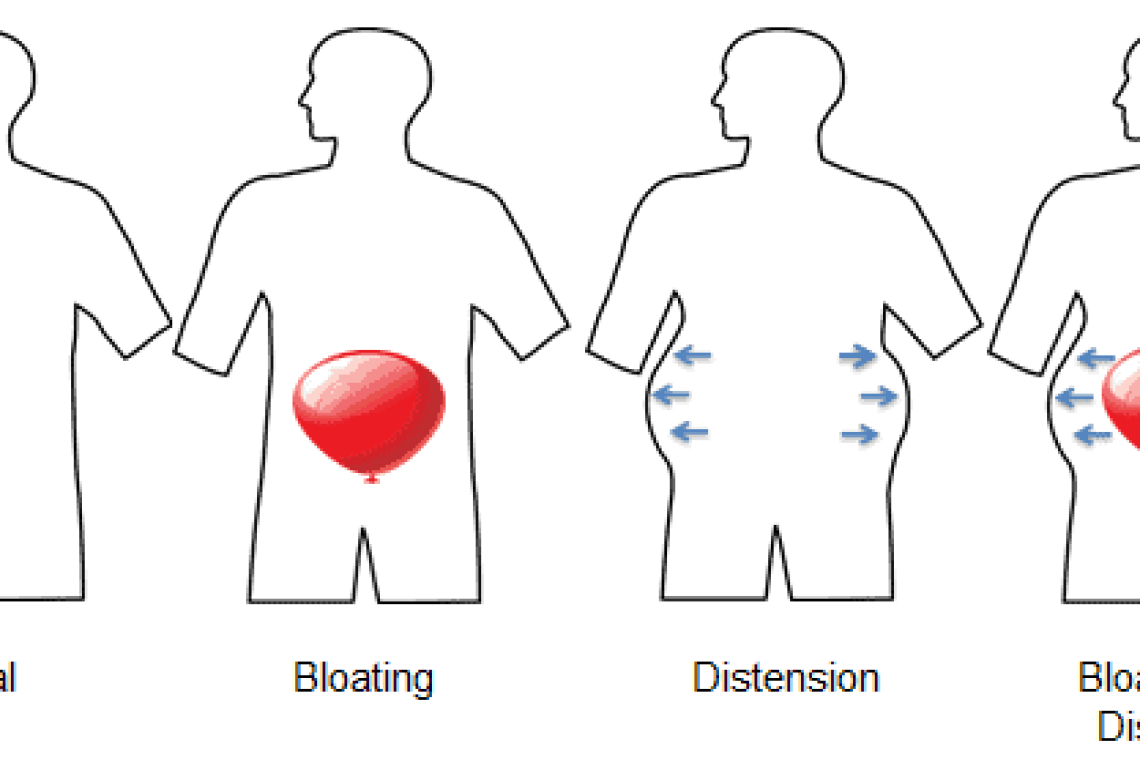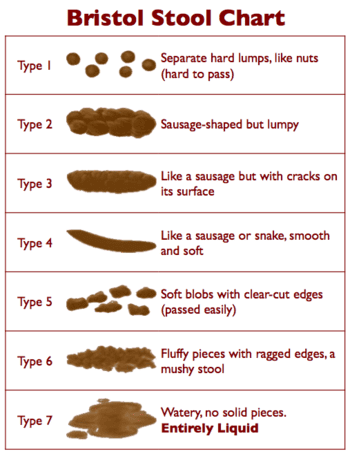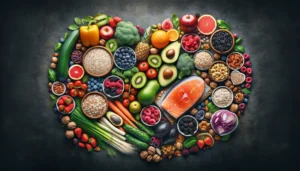Up to 1 in 4 of us feel bloated some of the time. Of the people feeling bloated, about 1 in 10 feel bloated regularly. Is your bloating a problem? Well, somethings a problem when it’s a problem. So, if it bothers you please do seek help. To be specific if you’ve been feeling bloated for 3 weeks or more, or bloated more than 12 times a month, then do check in with your GP. It’s also important to talk with them if you have a swelling or lump in your belly area, if you’re feeling bloated AND feeling sick, have diarrhoea or constipation, unintentional weight loss or blood in your poo. Also seek expert advice if bloating is getting in the way of going about your life or taking away from your enjoyment of life.
Red flags when it comes to your gut
| changes in your poo | pooing more or less often | blood in your poo | bleeding from your bum |
| stomach pain | lowing weight wihtout trying | bloating | often feeling the need to poo, even if you’ve just been |
| feel tired lots | if your poo changes colour | pain following eating | trouble swallowing food |
Bloating can be natural and normal.
Sometimes society can medicalise normal bodily behaviours. It’s normal to bloat a bit. We produce about 1-4 pints a day! This leads to most people farting 12-15 times each day. Our stomach will also stick out a bit as food goes through the intestines. This is completely normal, natural and a necessity for life. Remember that it’s not just the food moving through your gut but the digestive juices and water needed for digestion.
Gas is delivered into our belly when we eat, when we chew gum, when we drink fizzy drinks and when we talk with our mouth full. Gas is also created by the gut bacteria and microbiome which also eat the food that we eat. While we produce water and carbon dioxide when we create energy from the food we eat, the gut bacteria also produce gas when they produce energy from the food we eat. They produce the likes of methane, carbon dioxide, nitrogen and hydrogen.
Constipation can cause bloating
Constipation (type 1 and 2) often leads to bloating and once the constipation is tackled, the bloating can often go away. Constipation typcially occurs when people don’t eat enough fibre, don’t drink enough fluids and don’t move their body enough (enough exercise).
Is fibre important?
Complex carbs include starches and fibre. Fibre cannot be digested and therefore always makes its way down through our gut to reach the large intestines. When there, some fibres are digested by our gut bacteria while others go straight into the loo. Most carbohydrates contain 4 calories per gram. However, fibre provides 2 kcal per gram.
Generally speaking, we need to eat about 25 grams per day (as per European Food Safety Authority recommendations). In Ireland we eat about 19 grams a day. 80% of Irish people are fibre deficient. So, the chances are that you are fibre deficient too. Fibre isn’t just for gut health though. Observational studies and clinical trials carried out over 40 years revealed the health benefits of eating at least 25 to 29 grams of fibre a day. The results suggested that there would be a 15-30% decrease in all-cause and heart disease related deaths.
What reduces bloating?
Dietitians will often look at some of the basic errors people make in their diet as well as consider things such as good habits includes taking time over meals, sitting down to eat, chewing food thoroughly and not eating late at night.
Dietitians may consider specific foods. For examples, linseeds (flaxseed) provide about 23 grams of fibre per 100 g of whole seeds. A recommended starting dose is with 4-12 g (12 grams if 1 tablespoon) per day. When you add in extra fibre, add in extra fluids. Be sure to dirnk about 150 ml of extra water with each tbsp of linseeds you add in. Most people don’t need to go above 2 tbsp or 24 grams. You can add them to yoghurt, breakfast cereal, porridge, homemade bread, casseroles/ stews/ curries, soups and salad.
Irritable Bowel Syndrome (IBS)
IBS (irritable bowel syndrome) is a very common gut problem with symptoms including stomach (tummy) pain, bloating, wind (farting) and changes in bowel habit (diarrhea, constipation or both). The Low FODMAP diet is a 3 step diet used to help manage the symptoms of medically diagnosed IBS. FODMAPs stand for Fermentable Oligo-saccharides, Di-saccharides, Mono-saccharides And Polyols (now you know why it was shortened to an acronym!).
The Low FODMAP diet involves 4-8 weeks of eliminating FODMAP rich foods followed by strategic reintroduction of the FODMAPs to figure out what you’re intolerant to and how much you can consume without being symptomatic. It’s incredible important to follow this diet under the guidance of a Dietitian. Research shows it helps to alleviate IBS symptoms in about 3 in 4 sufferers.
Probiotics
Probiotic products are generally safe for those in good general health. However, they’re not safe for everyone. You would certainly need to be careful before giving them to critically ill people, those with serious infections, those on long-term corticosteroid treatment and those with catheters in place. There are also contraindications/risk information found on the product label that should be followed. If you have allergies you would also need to check to see if they’re safe for you to take.
When considering a probiotic it’s important to note that specific probiotics are used for specific issues. It’s important not to treat them all the same or consider any one suitable for a range of uses. Also, lots of brands out there haven’t actually scientifically checked to see if their product actually gets past the stomach acid to make it to the gut. They may not have any proof that when it reaches the gut that it actually does anything good, bad or indifferent. So, best ask your Dietitian for advice
Took book in for an appointment today, please this link!
Please see other articles such as









